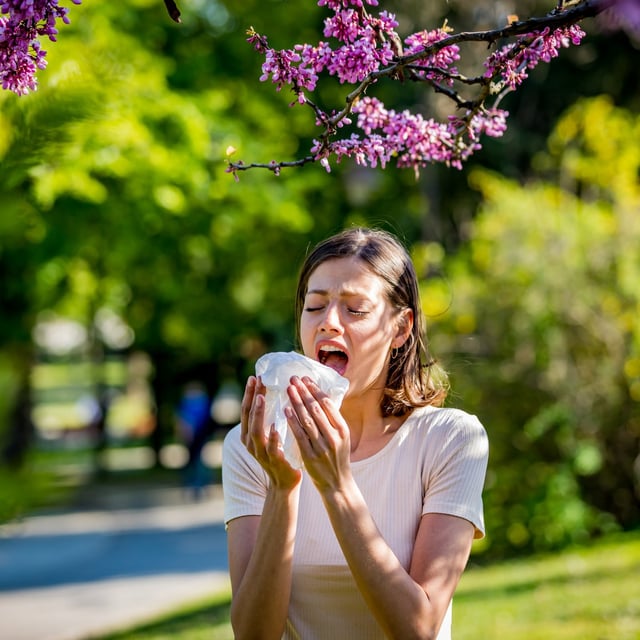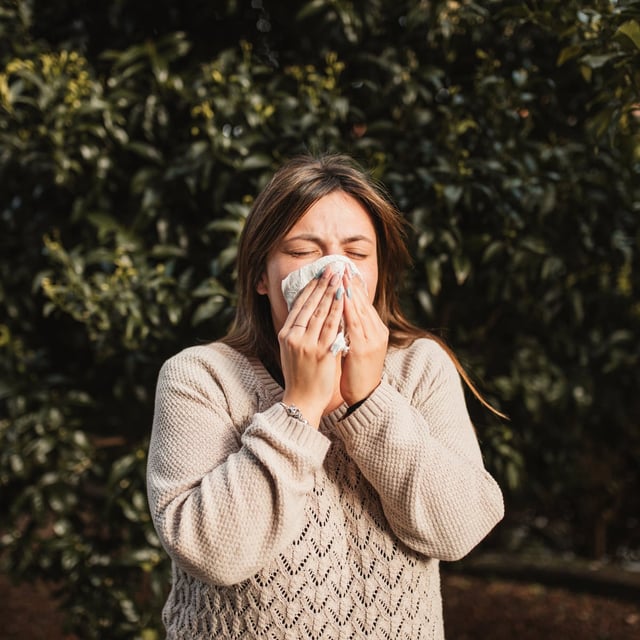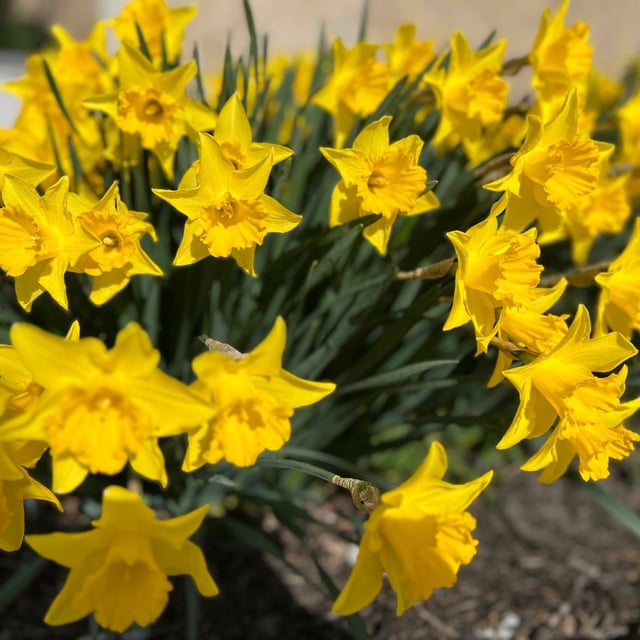Overview
- The UK has recorded its driest March and April since 1956, creating ideal conditions for an early and intense pollen season.
- Health experts report a surge in hay fever cases, with sufferers experiencing more severe symptoms earlier than usual this year.
- Elevated pollen counts, compounded by climate change and rising CO₂ levels, have extended and intensified allergy seasons globally.
- Standard antihistamines are proving less effective for many, prompting recommendations for long-acting medications and immunotherapy.
- Proactive measures, such as using air purifiers, showering after outdoor exposure, and wearing masks, are advised to mitigate symptoms during peak pollen periods.



